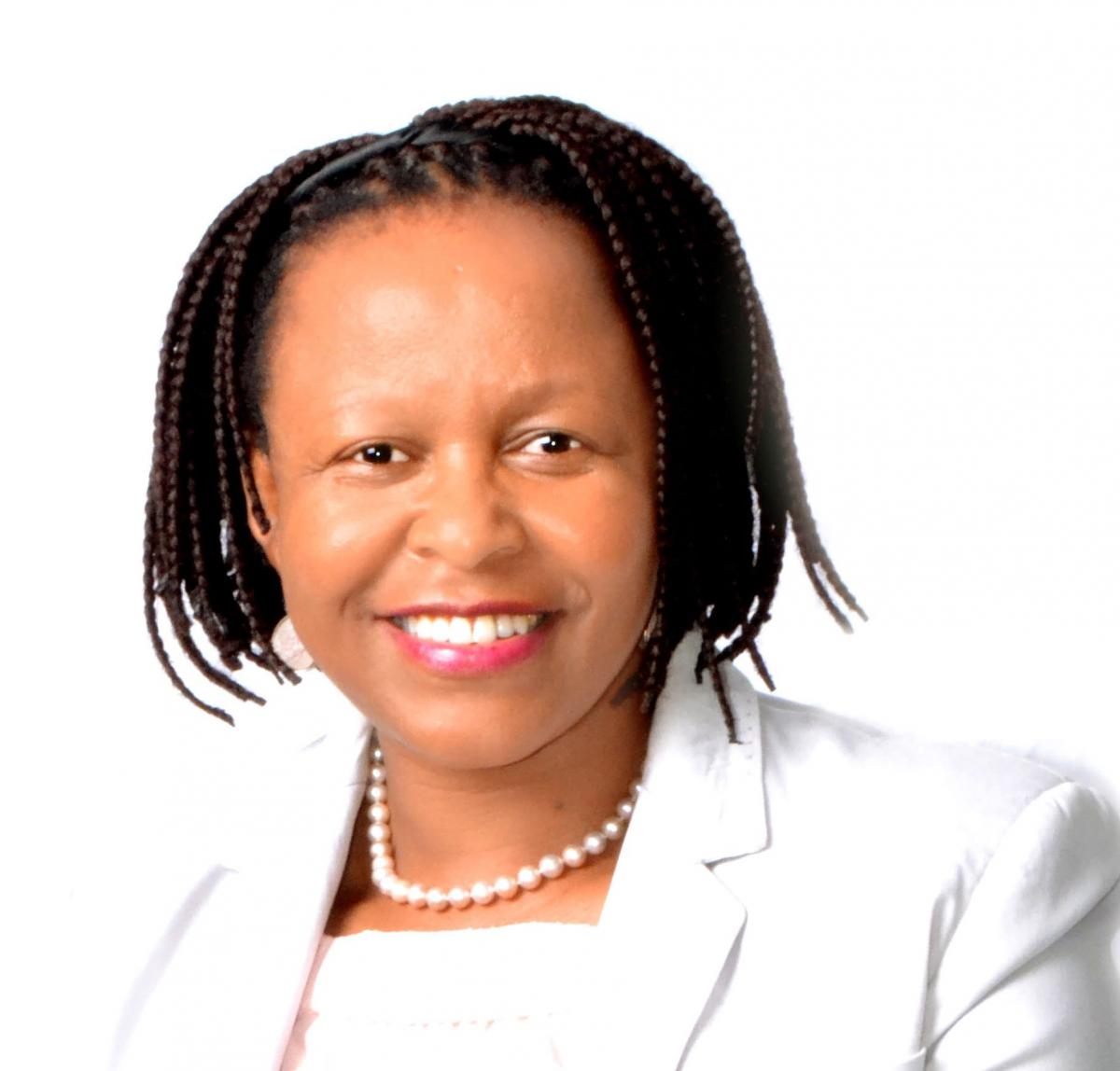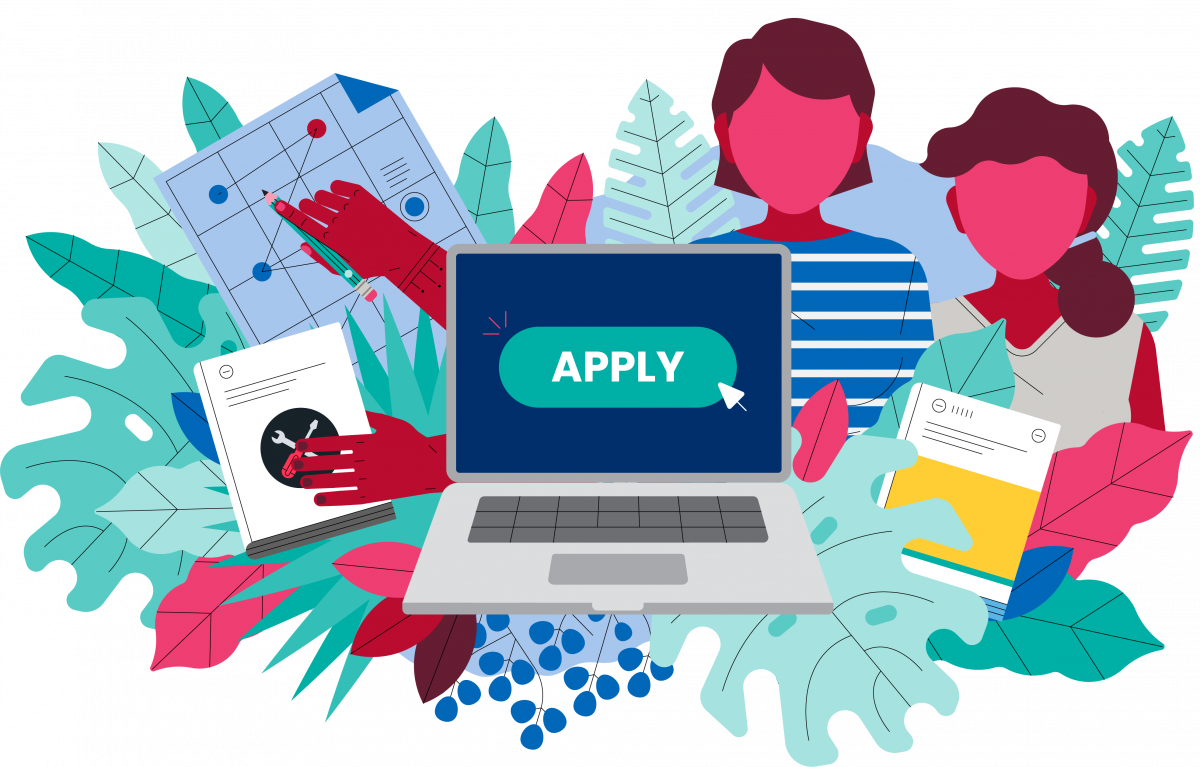Pleased to meet you: Mampiti Matete, IUCN’s new Water Coordinator for East and Southern Africa
A short introductory interview with Mampiti Matete, IUCN’s new Technical Water Coordinator for East and Southern Africa.

Photo: Mampiti Matete
Welcome to IUCN Mampiti. As we sneak-previewed your LinkedIn profile, it is clear you have a lot of experience in water management, natural resources, and environmental economics. Where did this interest come from?
MM: My first degree was a BA in Economics and then I shifted to Agricultural Economics for my Master’s degree and PhD. My love for the environment was inspired by my then Environmental and Natural Resources Economics Lecturer, Prof. Rashid Hassan, who later supervised my Doctoral thesis. He helped me realise the strong and vital connection between human wellbeing and a healthy environment, and that there cannot be any sustainability in any particular sector without sustaining the environment. Everything depends on it. The moment this became clear I took a decision, which I have never looked back on, that I would dedicate my academic career and future profession to the environmental sustainability cause.
In your longest tenure, that of Senior Lecturer at the National University of Lesotho, what changes did you see in the environmental sector over those 20 years?
MM: I think the greatest impact was on creating environmental awareness through academic training. When I first introduced the course in environmental economics at the National University of Lesotho, it was very gratifying to notice students’ attitudes and perceptions about the environment positively changing and them becoming more interested in the subject, and understanding the benefits human beings derive from the environment. More importantly, the students were excited by being able to quantify these benefits.
What was fulfilling as well was the opportunity to contribute to the knowledge of integrated management of the Lesotho Highlands' wetlands and valuing ecosystem services that flow from them. The Lesotho highlands are an important source of water supply for, and the origin of, the Orange-Senqu River Basin. Over the years, water resources management in the Basin has included more ecosystems based approaches to water resources management, including economic valuation of ecosystems services. Things have most definitely changed.
Currently, over half of the African continent faces water stress or water scarcity. With this situation predicted to become significantly worse by 2040, what do you believe are the region’s most urgent priorities to address?
MM: Management and cooperation. Good water governance is critical in the region, and so is Integrated Water Resource Management. Before, there was a lot of disintegration and disconnect, but now it is impossible to address water issues without integration of different sectors and actors. Most of the water sources in our region are shared, and cooperation and governance are therefore critical. Hydro-diplomacy is key.
IUCN’s BRIDGE and SUSTAIN Initiatives address these priorities well. Have you managed to get started on these yet?
MM: Mainly through orientation. Though I have been on the job for only two weeks, I’ve managed to visit Mozambique where SUSTAIN is being implemented by our partner ADPP. With BRIDGE I haven’t been to the field yet, but have been introduced to the project and am aware of its opportunities and challenges, especially with respect to cooperation in the Southern part of Africa. I look forward to getting into it all.
In your region or network, who do you consider an influencer, mover or shaker?
MM: My former Professor, Rashid Hassan, is definitely my number one mover and shaker through his pioneering research work in the economic accounting of water resources, and the environment in general, in Southern and Eastern Africa through the Centre of Environmental Economics and Policy in Africa (CEEPA), University of Pretoria. After him, it would have to be all the water networks in the SADC region, which I am probably biased towards because of my affiliation to them over the years. Firstly, the Global Water Partnership in Southern Africa (GWP-SA), where I would definitely credit Ruth Beukeman as an outstanding influencer. Waternet and certainly the SADC Water Division, which supports the work of both networks, include great movers and shakers. And then of course IUCN. I was introduced to IUCN many years ago when I started my PhD and did some small consultancy work for IUCN through Salim Fakir. I was also part of the Commission for Ecosystem Management through which I met its Chair, Prof. Hillary Masundire, another influencer in the region. I’ve always followed and been inspired by IUCN’s work and thought that one day I will work for it, and here I am!
In communications, what are the most important channels people use in Southern Africa to get their news?
MM: Social Media, and particularly Facebook has probably overtaken any other channel from where people here get their news. I’d say scientists still rely on academic journals and the wider Internet, whilst local people would also use radio and television, and to some extent newspapers.
Finally, what is your favourite natural environment? Where do you feel best, and why?
MM: I need greenery and water. Hearing water splashing and being surrounded by green is where I most feel at peace.
***
Mampiti Matete is based in Pretoria and can be contacted by email: mampiti.matete[@]iucn.org
Interview by Claire Warmenbol, Communications Coordinator, IUCN Global Water Programme



